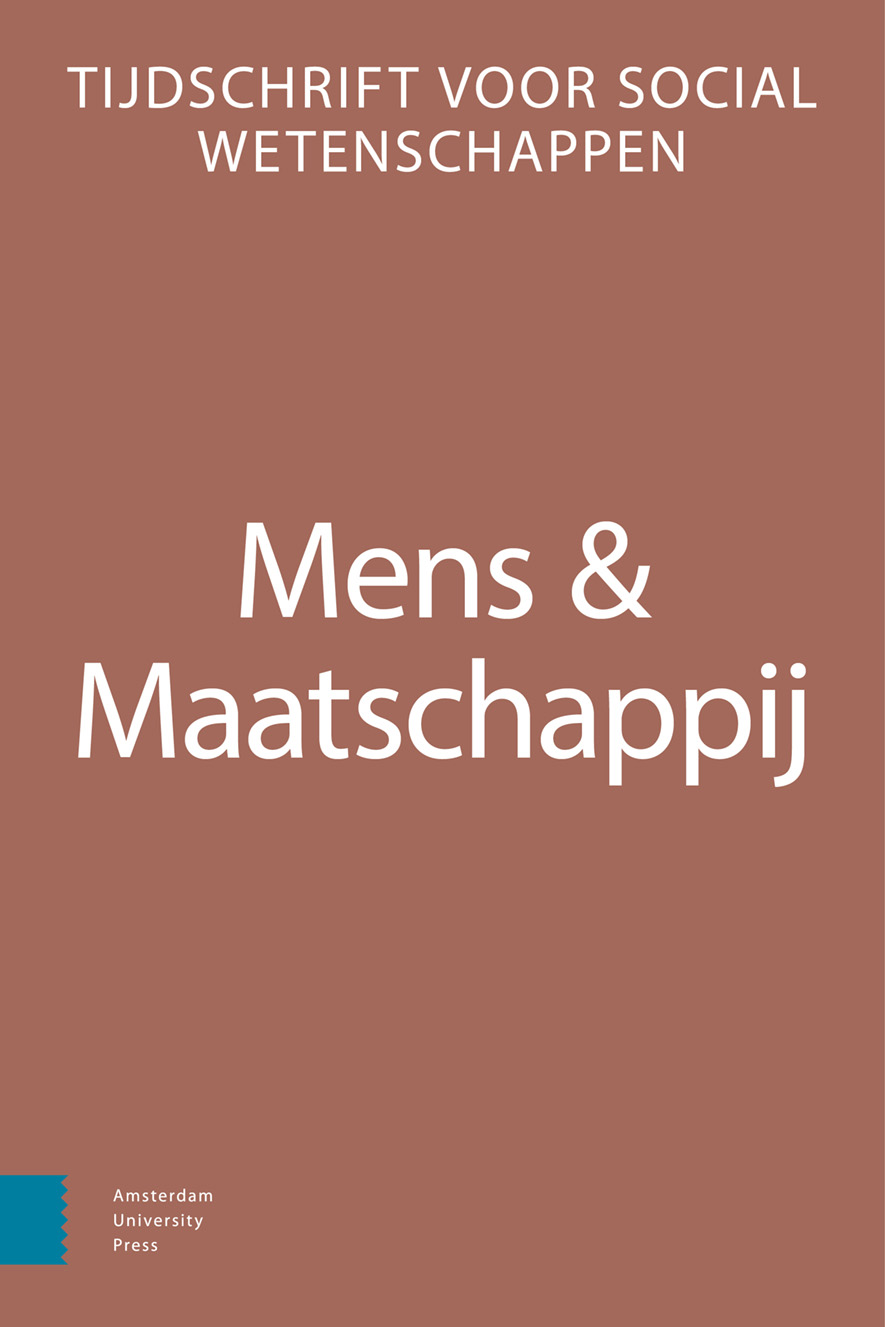-
oa Op rozen zitten, of op zwart zaad
Twee decennia inkomensongelijkheid
- Amsterdam University Press
- Source: Mens & Maatschappij, Volume 90, Issue 4, Dec 2015, p. 343 - 378
Abstract
A cushy life, or being dead broke: Two decades of income inequality
Did income inequality decrease since the 1990s due to less pronounced differentials in educational attainment among the Dutch population, as modernisation theory presumes? Have the growing labour participation of women and the ensuing demise of the one-earner family translated into greater income disparities? And has public support for income redistribution dwindled? Various measures calculated over the tax data from the Income Panel Survey show that income inequality did not become less in the Netherlands, but grew somewhat, especially since 2001. This is most clearly the case with regard to earned income, and less so for gross income. During the new millennium the weakest growth occurred in the inequality of disposable income, and here the overall picture since 1990 is fairly stable. A decomposition analysis indicates that changes in educational attainment and in the average incomes of the lower, middle and higher educated hardly affected income inequality over time. The same applies to the rise in the number of people of non-western origin and the altering income levels of ethnic groups. Changes in the number of earners per household, however, did alter income inequality. The rising share of comparatively poor single persons saw their average income deteriorate in the 2000s, while the affluent group of double earners grew in size and generally experienced further income improvement. Over time, couples depending on one income became a rather small category, and their average amount of income decreased. Yet changes in people’s income sources were more important. This especially concerns the inequality enhancing effect of the growth in the relative number of pensioners and self-employed in the 2000s, vis-à-vis the dwindling share of employees. However, this was mitigated by higher average pensions among the elderly and lower incomes of entrepreneurs. In public opinion 1991 proved to be a turning point: The trend towards ever lower support for the redistribution of income that prevailed in the 1970s and 1980s reversed.


